Brief Peeks Beyond: Critical Essays on Metaphysics, Neuroscience, Free Will, Skepticism and Culture
by Bernardo Kastrup
"Brief Peeks Beyond" by Bernardo Kastrup is a collection of essays that challenges the dominant materialist worldview, arguing for a non-materialist, idealist perspective where reality is fundamentally grounded in consciousness.
Key Arguments:
- Consciousness is primary: Kastrup argues that consciousness is the only undeniable empirical fact of existence. We can only know what we experience, and all experience is in consciousness.
- No universe outside consciousness: The concept of a material universe existing independently of consciousness is unnecessary and insufficient to explain the nature of reality.
- Mind-at-large: All reality, including the physical world, is a manifestation of a transpersonal, obfuscated consciousness he calls "mind-at-large," of which our personal psyches are merely dissociated parts.
- The brain is in consciousness: Our bodies and brains are not the source of consciousness but rather the image of localization processes within the stream of mind-at-large.
- Free will exists: True free will exists insofar as our choices are determined by factors internal to what we perceive ourselves to be.
- Mysticism and the "unconscious": The "unconscious" is not a realm of unconscious processes but rather obfuscated aspects of consciousness. Myths and religious experiences are expressions of this deeper, transpersonal level of mind.
- The taboo against meaning: Science has developed a bias against the idea of purpose and meaning in the universe, seeking to reduce all phenomena to blind, mechanistic processes.
- Enchantment is real: The world is imbued with enchantment when we perceive it through the lens of our own subjectivity, acknowledging the mind as the matrix of all reality.
- Practical implications: Kastrup argues that adopting an idealist worldview has profound practical implications, particularly in the areas of death, healthcare, and the nature of consciousness itself.
Key Criticisms:
- Materialist arguments: Kastrup refutes common materialist arguments, such as the idea that our senses prove the existence of a world outside consciousness, and that the correlations between brain activity and experience show that the brain generates consciousness.
- Science and the defacement of reason: He critiques what he calls "science-as-you-know-it," which he believes has become overly reliant on materialism, limiting the scope of research and leading to a demeaning view of the human condition.
- The "hard problem" of consciousness: Kastrup argues that the so-called hard problem of consciousness is a product of our own conceptual frameworks. By accepting consciousness as primary, the problem disappears.
- Misleading journalism: Kastrup criticizes the media's tendency to present materialist interpretations of scientific findings as established facts, even when the data doesn't support them.
- The illusion of implanted memories: He exposes the overblown claims made about memory research, showing that the ability to manipulate associations doesn't equate to creating or implanting memories.
- Skepticism and the "anomaly": Kastrup argues for a more nuanced form of skepticism, one that doesn't dismiss anomalous phenomena but seeks to understand them within a broader framework of consciousness.
Overall:
"Brief Peeks Beyond" is a thought-provoking work that challenges readers to reconsider their assumptions about the nature of reality and the human condition. Kastrup's writing is both intellectually rigorous and engaging, making complex philosophical ideas accessible to a broader audience. The book encourages readers to embrace their own direct experiences and to critically evaluate the prevailing materialist worldview, ultimately offering a more hopeful and meaningful perspective on life and death.
